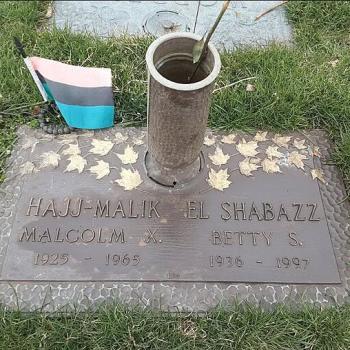“One is a Buddhist if he or she accepts the following four truths: All compounded things are impermanent. All emotions are pain. All things have no inherent existence. Nirvana is beyond concepts.” Dzongsar Jamyang Khyentse[1] A quick look at the Mahayana. Over the long course of its history Buddhism has divided into two major schools. Three is you separate the Vajrayana from the Mahayana. We’ll briefly look at that. But first, the way of the elders, the Theravada. Its... Read more

















